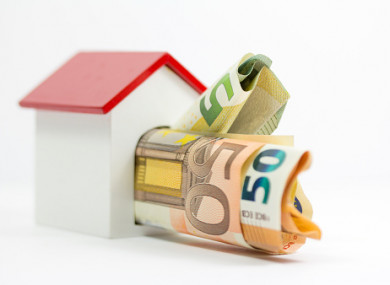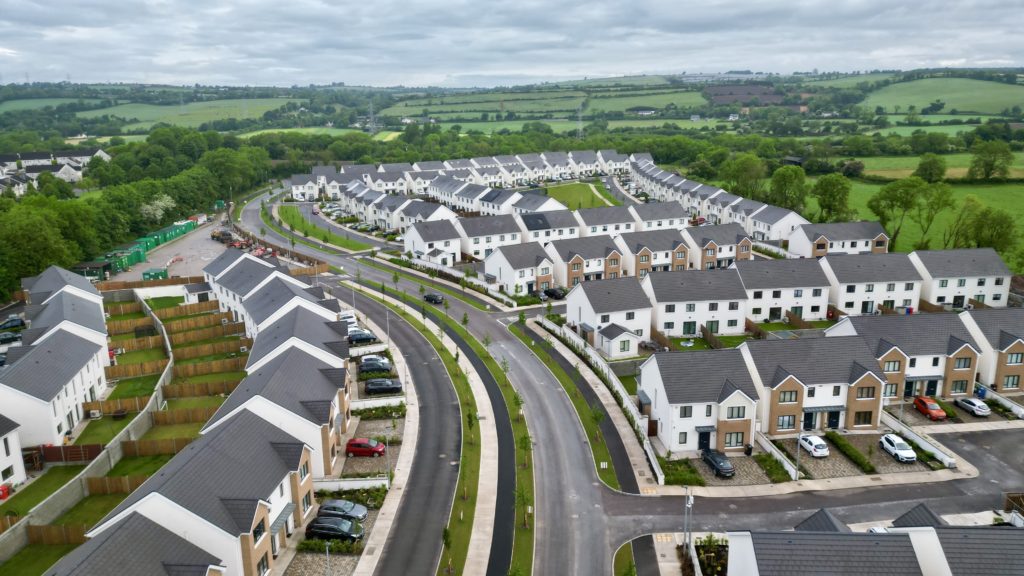Are you envisioning your dream house in Ireland but feel uncertain about the financial commitment? You're not alone. Many potential homeowners grapple with the same queries: 'how to save money for a house?' and 'how much to save for a house?' In this comprehensive guide, we'll walk you through the steps to effective house saving and give you tips on determining how much to save for your future home.
The Art of Saving Money for a House
- Formulating a Budget:
Our journey begins with understanding your finances. Monitor your income and expenditures for a month, gain insights into your spending habits, and identify opportunities to save. Every euro saved is a step closer to your dream home.
- Designing a House Saving Plan:
Determining how much to put aside monthly is key. Aim to save at least 20% of your income for your home fund. The more you can save, the better. A dedicated house savings account can safeguard your home funds from other expenses.
- Eliminating High-Interest Debt:
High-interest debt can be a major roadblock on your home-saving journey. Paying it off should be a priority as it will reduce your debt-to-income ratio—a crucial factor mortgage lenders consider.
- Exploring Investment Avenues:
Investments can turbocharge your savings. Stocks, bonds, and certain real estate investments offer higher returns than traditional savings accounts, speeding up your journey to homeownership.
- Tapping into Government Schemes:
The Irish Government's 'Help-to-Buy' and 'Rebuilding Ireland Home Loan' schemes are specially designed to assist first-time buyers. Research these options—they could give your home savings plan a significant boost.
Determining How Much to Save for a House in Ireland
- Deposit:
For a deposit, plan to save 10-20% of the property's purchase price. With the average house price in Ireland at €269,000 in 2023, this might seem daunting. However, there are options available for lower down payments for first-time buyers.
- Additional Home Buying Costs:
When deciding how much to save, factor in additional costs such as stamp duty, legal fees, surveyor's fees, home insurance, mortgage protection insurance, and an emergency fund for unexpected repairs or circumstances.
- Mortgage and Monthly Expenditures:
Typically, your mortgage shouldn't exceed 3-3.5 times your annual income. And your monthly mortgage repayment, property tax, utilities, and maintenance costs should not surpass 30% of your take-home pay.
- Savings Buffer:
Aim to have 3-6 months' worth of living expenses saved as a buffer. This safety net can protect you from unexpected expenses or income fluctuations.
Saving for a house in Ireland is a journey that requires financial discipline and smart choices. By understanding how to save money for a house and knowing how much to save, you will be better prepared for this important life step. Every saving strategy you implement brings you closer to the front door of your dream home.
Remember, homeownership is a marathon, not a sprint. The path may seem daunting at first, but with perseverance and smart saving strategies, the journey to your dream home can be less taxing and more enjoyable.
Why not take a look at our other posts around the topic such as how to make an offer on a property, house buying jargon busting and why you need a solicitor to buy a house.









